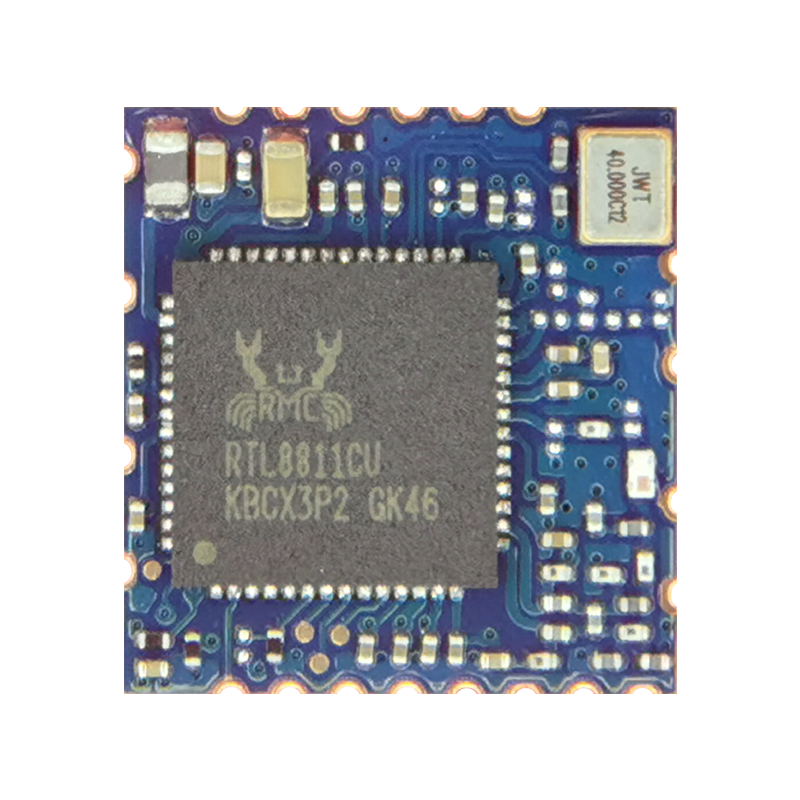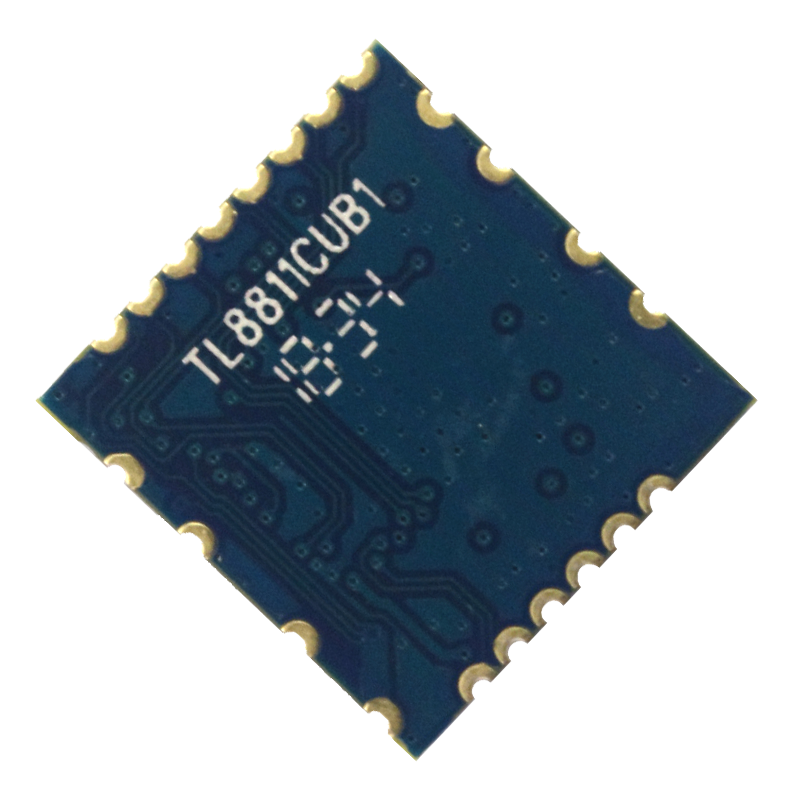Choosing the right low-power WiFi module is crucial for ensuring optimal performance and energy efficiency in wireless communication systems. With a wide range of options available in the market, it can be overwhelming to make the right choice. This article aims to provide a comprehensive guide on the factors to consider when selecting a low-power WiFi module chip.

One of the key factors to consider when choosing a low-power WiFi module chip is its power consumption. Lower power consumption means longer battery life, making it ideal for IoT devices and other battery-powered applications. Look for modules with power-saving features such as sleep modes, dynamic power scaling, and power-down options.
The range and signal strength of a WiFi module chip are important considerations, especially if you have large coverage areas or obstacles that can weaken the signal. Ensure that the module has a sufficient range to cover your desired area without compromising signal strength. Modules with higher transmission power and enhanced signal processing capabilities are beneficial in such scenarios.
The data transfer rate of a WiFi module determines how quickly it can transmit and receive data. Consider the bandwidth requirements of your application to ensure that the module can handle the required data transfer speeds. Look for modules that support the latest WiFi standards, such as 802.11ac or 802.11ax, for faster and more efficient data transfer.

When selecting a low-power WiFi module, it is essential to consider the available software support and development tools. Check if the module has a well-documented software development kit (SDK) or support for popular development platforms. This ensures easier integration and faster time-to-market for your applications.
Cost and size are practical considerations when choosing a low-power WiFi module cost. Evaluate the module's cost-effectiveness in terms of its features and performance. Additionally, consider the size and form factor of the module to ensure compatibility with your application's hardware requirements.
Choosing a suitable low-power WiFi module requires careful consideration of power consumption, range and signal strength, data transfer rate, software support, and cost. By analyzing these factors, you can make an informed decision that meets your specific requirements and ensures optimum performance in your wireless communication system.
 Trolink Joint With Tuya to Make Iot Benefit Every Family
Trolink Joint With Tuya to Make Iot Benefit Every Family
 5 Key Indicators for WiFi Module Selection You Have to Know !
5 Key Indicators for WiFi Module Selection You Have to Know !
 IOT module is the brain of smart products
IOT module is the brain of smart products
 What is the signal coverage range of the WiFi module chip?
What is the signal coverage range of the WiFi module chip?